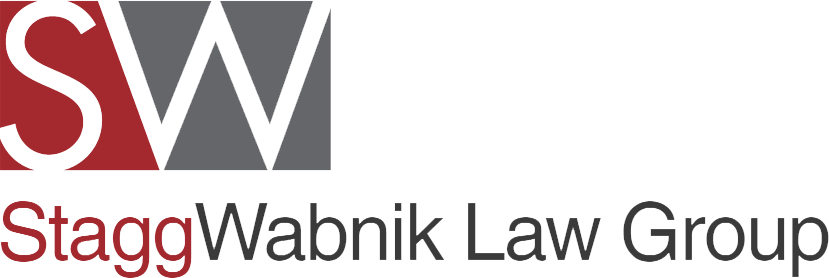
New York's congestion pricing plan aims to reduce traffic congestion in Manhattan while funding critical capital improvements for the Metropolitan Transportation Authority (MTA). However, the plan has encountered several legal challenges, particularly from neighboring states like New Jersey. These challenges highlight broader concerns about interstate air pollution and environmental equity, which has resulted in a complex legal landscape.
Understanding Congestion Pricing
Congestion pricing involves charging a toll for vehicles entering Manhattan's Central Business District, which is expected to reduce vehicle traffic and improve air quality. The program aims to lower emissions and fund public transportation improvements by decreasing the number of cars on the road. After a thorough environmental review, the Federal Highway Administration (FHWA) determined that the program would not significantly impact the environment, and thus further review was not required. The plan was initially scheduled to begin in mid-2024, but concerns over affordability and legal disputes have paused implementation.
Legal Challenges: New Jersey's Perspective
New Jersey has been a vocal opponent of New York's congestion pricing plan. The state argues in a recent lawsuit that the environmental review process needed to adequately consider how the plan would affect New Jersey residents, particularly regarding traffic diversions and potential air pollution increases in areas near the George Washington Bridge. The lawsuit was filed under the National Environmental Policy Act (NEPA). New Jersey contends that the FHWA's analysis was insufficient, failing to fully account for how redirected traffic could increase pollution in environmental justice communities in New Jersey.
New Jersey's Clean Air Act claims focus on whether the congestion pricing plan could undermine its ability to meet federal air quality standards. As part of the federal environmental review process, the Environmental Protection Agency (EPA) raised concerns about potential pollution increases in New York and New Jersey, recommending further analysis of affected neighborhoods and mitigation strategies.
Broader Implications for Interstate Disputes
This case illustrates how federal environmental laws, such as NEPA, can be used to address interstate disputes over pollution. New Jersey’s legal strategy relies on demonstrating that environmental decisions made in one state can significantly impact another. While the FHWA has defended its review, stating that the program would have minimal impact on vehicle miles traveled in New Jersey, the outcome of this litigation could set important precedents for future cross-border environmental cases.
Corporate Considerations and Business Impact
Congestion pricing has potential implications for transportation logistics, operational costs, and regulatory compliance for businesses and corporations operating in the affected regions. Many companies rely on efficient access to Manhattan for employees, deliveries, and operations. As legal challenges unfold, businesses will need to stay informed about potential toll structures, exemptions, and any changes to the program's implementation timeline.
While the congestion pricing debate may appear highly localized, the broader issues of environmental policy and interstate disputes are highly relevant to corporate clients who operate across state lines. Companies may face new environmental regulations or policies that impact their bottom line, making it crucial to remain compliant with evolving legal standards.
The ongoing legal battles surrounding New York's congestion pricing plan offer a fascinating case study of how environmental laws can shape policy decisions with wide-reaching impacts. As congestion pricing remains on pause, its future—and the outcome of legal challenges—will be closely watched not only by those directly impacted in New York and New Jersey but also by corporations and stakeholders across the region.
For more information on how legal developments may impact your business, contact Stagg Wabnik Law Group at (516) 812-4550. Our team remains committed to helping clients navigate complex legal landscapes with clarity and confidence.


Comments